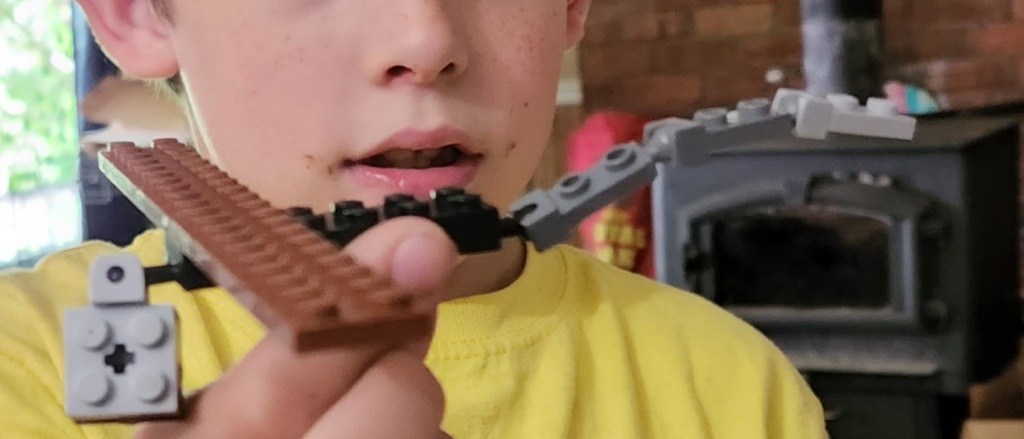
Whenever my kids require discipline for something, their favorite excuse is “but I wasn’t trying to!” “Don’t be mean to your brother!” “I wasn’t trying to!” “You only half-cleaned the dishes; all these are still dirty.” “I wasn’t trying to!” Somehow, in their minds, lack of effort in one direction equals actual effort in the opposite direction.
Luke records a parable Jesus told about a man who had been possessed by a demon. The demon was cast out, but after wandering for a while decided to return. He found the space he had occupied within the man empty, bare. It was so wide open and inviting that the demon found seven other demons to join him in possessing the man once again, so that the man was much worse off than before.
My kids and the man in the story have the same approach to life. I’m sure if someone had said something to the man about letting demons invade his soul he would have said, “But I’m not trying to!” Sure, his mind wasn’t full of evil, but he had made no effort to fill it with anything once it had been cleaned.
How often do we behave this way about spiritual things? We feel satisfied with ourselves because we “aren’t trying to disobey;” maybe we even boast about it a little bit like the Pharisee praying in the public place. The truth is that “not trying to” requires no effort. It’s easy because it literally involves doing nothing. Unfortunately, nothing produces nothing, leaving a gaping space in our souls empty and unguarded.
My kids have to learn the hard way that “I wasn’t trying to” needs to become “I’m trying to do better.” As children they are focused on what feels good in the moment; they haven’t learned the consequences of nothing, and they haven’t experienced the fulfillment that comes from effort. Those experiences will come in time. For now they have someone to remind them, to guide them through the consequences, to show them how to be productive. As adults we have no excuse. No one else is responsible for our choices. No one else will do our work for us. No one is looking over our shoulder to make sure we take the next step. It’s up to us whether we are empty houses of “not trying to” or filled with the work of God.
Romans 2:4–8 (CSB): Or do you despise the riches of his kindness, restraint, and patience, not recognizing that God’s kindness is intended to lead you to repentance? Because of your hardened and unrepentant heart you are storing up wrath for yourself in the day of wrath, when God’s righteous judgment is revealed. He will repay each one according to his works: eternal life to those who by persistence in doing good seek glory, honor, and immortality; but wrath and anger to those who are self-seeking and disobey the truth while obeying unrighteousness.












